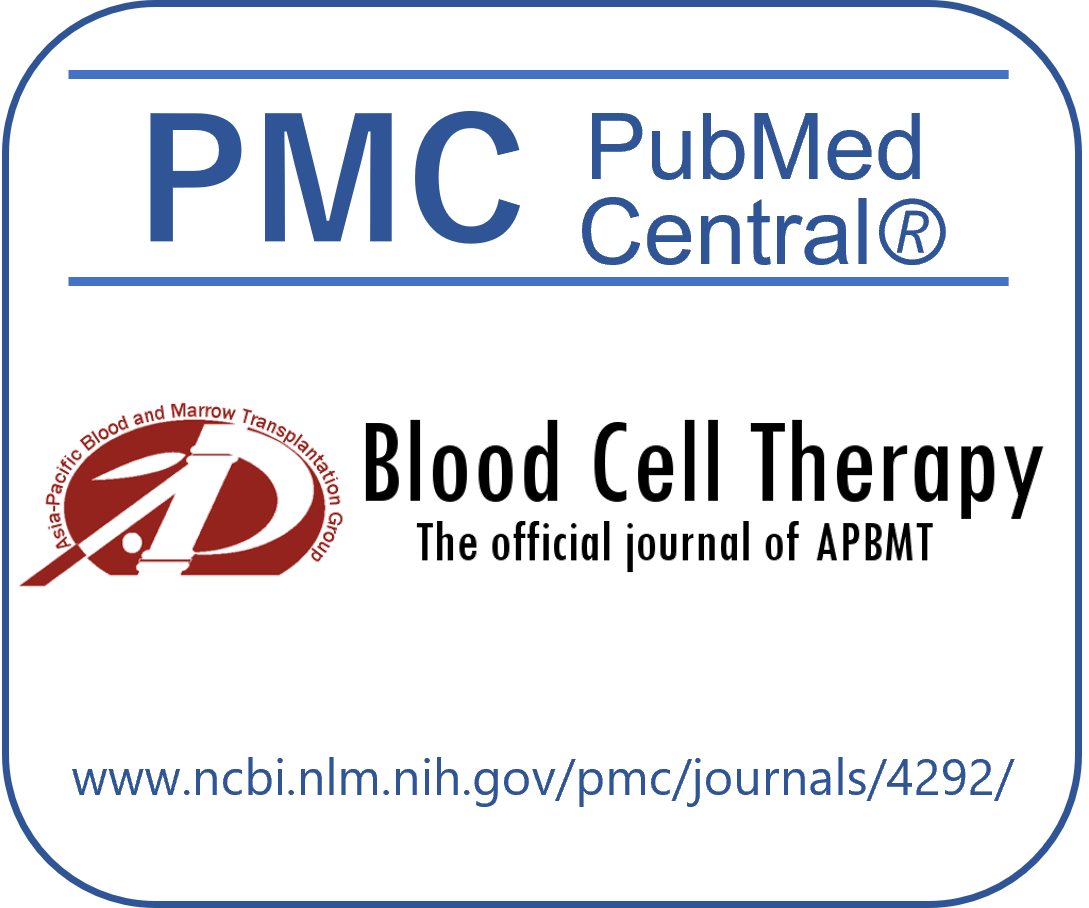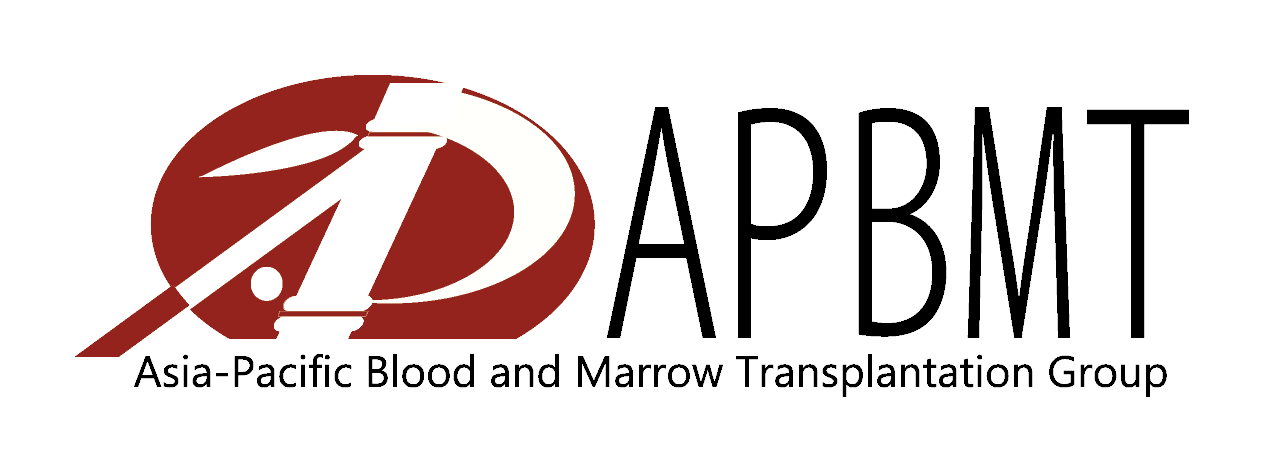Volume 7 (2024) Issue 4 No.5 Pages 121-123
Abstract
Chimeric antigen receptor T cell (CAR-T) therapy has revolutionized the treatment of blood cancer. By improving survival outcomes for patients with B-cell malignancies, which hitherto have been unparalleled by conventional chemotherapy, CAR-T therapy is a beacon of hope for many patients with cancer. However, harvesting, modifying, and reintroducing T cells is costly, which means that not every patient with cancer who needs CAR-T therapy has the financial capacity to receive it. This blatant economic disparity, combined with geographical limitations, for several lower-middle-income countries that do not manufacture CAR-T therapy, has been a problem that has widened the socioeconomic gap between patients with cancer. This was the case until India recently manufactured its own CAR-T therapy. As a lower-middle-income country with a massive burden of cancer, India's NexCAR19 was a pivotal point in South Asian cancer history. From benefiting local patients with cancer to collaborations with neighboring countries, to prompting the manufacture of more CAR-T products, NexCAR19 has facilitated the fight against blood cancers in South Asia.
Cancer has no bounds, restrictions, or preferences for a race or individual. The omnipotent existence of cancer implies that everyone is at possible risk; several have financial constraints that restrict them from receiving the treatment they need. This is particularly true for individuals who suffer from blood cancers.
In 2017, the United States Food and Drug Administration (FDA) approved the first chimeric antigen receptor T cell (CAR-T) therapy for pediatric acute lymphoblastic leukemia (ALL) after demonstrating an 81% overall remission rate (ORR) in the ELIANA trial1. Subsequent ZUMA-1, ZUMA-2, and CARTITUDE-1 trials convinced the FDA to approve various CAR-T therapies for large B-cell lymphoma, mantle cell lymphoma, and relapsed/refractory multiple myeloma, respectively1.
CAR-T cell therapy involves harvesting lymphocytes from the patient's blood and genetically modifying them so that once they are reintroduced into the patient's bloodstream, they preferentially adhere to cancer cells and kill them1. Because of his chemical engineering, along with hospital costs, the CAR-T cell therapy has an extensive financial cost of approximately 380,000-526,000 USD2, consider this in the context of the average individual. In a recent short communication in your journal, Hwang et al. captured this disparity accurately in their study by highlighting the gross domestic product for various countries such as the United States, 66,100 USD; India, 2,000 USD, etc3. The affordability challenge is blatantly visible; in the absence of subsidies from the government or insurance, an individual who requires CAR-T cell therapy will be subjected to great financial burden.
A viable solution to eradicate socioeconomic disparities is to manufacture CAR-T cell therapy in one's own backyard. However, this is not easy to achieve in most countries. Until the end of 2022, there were no clinical trials conducted in Africa, South America, the Middle East, and South Asia4. Ongoing trials are largely restricted to the United States (n=337) and China (n=636)4. The significance of this disparity in the prevalence of blood cancer should be considered. As of 2022, Asia will have the highest global prevalence of leukemia (45.8%), non-Hodgkin lymphoma (40.9%), and multiple myeloma (37.1%)5. Likewise, Asia also has the highest mortality rate of leukemia (51.8%), non-Hodgkin lymphoma (48.5%), and multiple myeloma (44.3%) globally5. Therefore, the lack of diffusely distributed clinical trials worldwide is abysmal.
However, there is a CAR-T cell therapy clinical trial still in its infancy, which carries the hope of millions. On June 1, 2023, a patient with ALL received the first Indian CAR-T cell therapy in Mumbai, as part of a group of 14 patients recruited for a phase 1 trial6, 7. The results showed an ORR of 87.5%, with four complete responses (CR) and three partial responses (PR). These results prompted a Phase II trial involving 64 patients8, 9. Of the patients who could be evaluated (n=53), 29 achieved CR and 7 achieved PR8. Only three patients experienced grade III cytokine release syndrome8. Based on these promising results, in October 2023, NexCAR19 was approved as India's first CAR-T cell therapy7.
However, perhaps even more impressive is that NexCAR19 is expected to cost 50,000 USD, which is almost one-tenth the cost of approved CAR-T cell products in the United States2, 7,10. This particular aspect of the NexCAR19 has several possibilities. Low-cost CAR-T cell therapy is a sure beacon of hope for the 50,000 new leukemia patients that India encounters every year5. In addition, NexCAR19 eliminates the dependency on external CAR-T products. Moreover, one would expect the country to grow exponentially from its current achievements by introducing more clinical trials to test new CAR-T products and subsequently bringing them into the market.
This study has several regional implications. India's success has prompted other countries to initiate clinical trials. For countries that already have their own commercial CAR-T cell products, the low cost of NexCAR19 should encourage industries to seek lower manufacturing costs. Countries, such as Japan, Korea, and Singapore, which depend on CAR-T cell products from the United States, can now shift their focus to India and its NexCAR193. There is also an opportunity for academic and industrial collaborations between India and other countries. Foreign governments should seek to encourage NexCAR19 production in their respective countries as a part of industrial collaboration. Whereas, India should seek academic collaborations to achieve the next level of CAR engineering such as in the form of CAR natural killer cells (CAR NK) and γδCAR-T cells.
It is worthwhile to dissect the costs of CAR-T cell therapy and highlight ways to curb these extra costs. The most expensive components are product generation and procurement. Other costs include travel, hospital stay, and additional treatments such as adverse events. Subsequent treatment after CAR-T cell therapy is expensive. One way of mitigating travel costs is to provide therapy to all capable healthcare institutions. For example, the provision of CAR-T cell therapy beyond academic institutions could reduce national costs from 21.1 million USD to 14.7 million USD11. In addition to saving 6.5 million USD, it also ensures provision for more patients11. Costs can be further reduced by decentralizing production and involving nonprofit academic centers12. Other important considerations include capacity building by recruiting a local workforce, cross-country collaboration, and training skilled workers13.
The clinical profile of NexCAR19 is also likely to help reduce hospital costs. Adverse events after CAR-T cell therapy require additional hospital resources. However, NexCAR19 has been shown to be safer in murine models while maintaining an acceptable level of efficacy14. In the murine analysis, NexCAR19 produced lower levels of IFNγ and TNFα compared to its comparator, but demonstrated a similar proliferation of
India has achieved significant milestones in the pursuit of cancer treatment. Low-cost CAR-T cell therapy in the form of NexCAR19 has opened several doors and opportunities for both the country and the region. One can hope that regional collaborations will help popularize this low-cost treatment for cancer patients and lead the way for more advanced yet affordable therapies.
Author Contributions
MAR conceptualized, reviewed literature, wrote and edited the manuscript. HA reviewed literature and wrote the manuscript. Both authors approved the final version of this manuscript.
Conflicts of Interest
The authors declare no conflict of interest. Disclosure forms provided by the authors are available on the website.
References
1.Mitra A, Barua A, Huang L, Ganguly S, Feng Q, He B. From bench to bedside: the history and progress of CAR T cell therapy. Front Immunol. 2023; 14: 1188049.
2.Keating SJ, Gu T, Jun MP, McBride A. Health Care Resource Utilization and Total Costs of Care Among Patients with Diffuse Large B Cell Lymphoma Treated with Chimeric Antigen Receptor T Cell Therapy in the United States. Transplant Cell Ther. 2022; 28: 404.e1-4.e6.
3.Hwang WY, Takahashi S, Choi B, Huang H, Kawamata S, Ng SC, et al. Challenges in Global Access to CAR-T cells: an Asian Perspective. Blood Cell Ther. 2023; 7: 10-3.
4.Wang V, Gauthier M, Decot V, Reppel L, Bensoussan D. Systematic Review on CAR-T Cell Clinical Trials Up to 2022: Academic Center Input. Cancers (Basel). 2023; 15: 1003.
5.International Agency for Research on Cancer. Global Cancer Observatory, Cancer factsheets, Lymphoid, haematopoietic and related tissue. Available at: https://gco.iarc.who.int/today/en/fact-sheets-cancers [Accessed: 29 April 2024]
6.Narula G, Keerthivasagam S, Jain H, Dhamne C, Tembhare P, Subramanian PG, et al. Evaluating the Safety of HCAR19 (Now Actalycabtagene Autoleucel- Actaly-Cel™), a Novel Humanized CD19-Directed Chimeric Antigen Receptor T-Cells in Pediatric, Adolescents, and Young Adults with Relapsed/Refractory B-Acute Lymphoblastic Leukemia (ESHA) – Report of Phase-1B. Blood. 2023; 142 (Suppl 1): 6878.
7.NCI, National Cancer Institute; India's First Homegrown CAR T-Cell Therapy Has Roots in NCI Collaboration. Cancer Currents Blog. 2024; https://www.cancer.gov/news-events/cancer-currents-blog/2024/nexcar19-car-t-cell-therapy-india-nci-collaboration [Accessed: 29 April 2024]
8.Jain H, Karulkar A, Kalra D, Ravikumar S, Ghandade N, Patil R, et al. High efficacy and excellent safety profile of Actalycabtagene autoleucel, a humanized CD19 CAR-T product in r/r B-cell malignancies: A phase II pivotal trial [Conference Abstract]. American Society of Hematology. Available at: https://www.postersessiononline.eu/173580348_eu/congresos/ASH2023/aula/-MON_4838_ASH2023.pdf [Accessed: 29 April 2024]
9.Clinical Trials Registry India. CTRI/2023/03/050689. 2023. Available at: https://ctri.nic.in/Clinicaltrials/pmaindet2.php?EncHid=ODA3NDA=&Enc=&userName=050689 [Accessed: 29 April 2024]
10.Mallapaty S. Cutting-edge CAR-T cancer therapy is now made in India – at one-tenth the cost. Nature. 2024; 627: 709-10.
11.Snyder S, Albertson T, Garcia J, Gitlin M, Jun MP. Travel-Related Economic Burden of Chimeric Antigen Receptor T Cell Therapy Administration by Site of Care. Adv Ther. 2021; 38: 4541-55.
12.Ran T, Eichmüller SB, Schmidt P, Schlander M. Cost of decentralized CAR T-cell production in an academic nonprofit setting. Int J Cancer. 2020; 147: 3438-45.
13.Shah M, Krull A, Odonnel L, de Lima MJ, Bezerra E. Promises and challenges of a decentralized CAR T-cell manufacturing model. Front. Transplant. 2023; 2: 1238535.
14.Dwivedi A, Karulkar A, Ghosh S, Srinivasan S, Kumbhar BV, Jaiswal AK, et al. Robust Antitumor Activity and Low Cytokine Production by Novel Humanized Anti-CD19 CAR T Cells. Mol Cancer Ther. 2021; 20: 846-58.
Search
News



